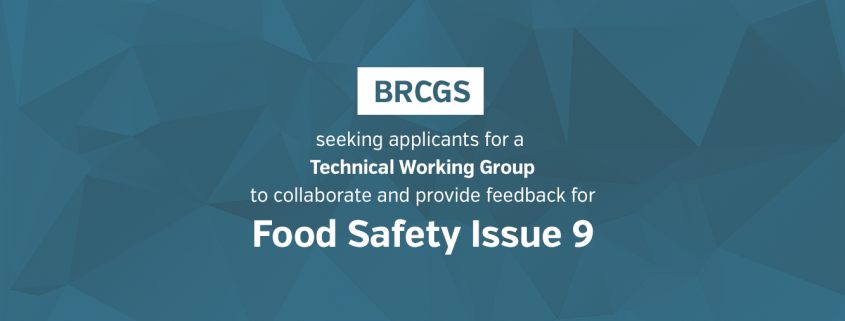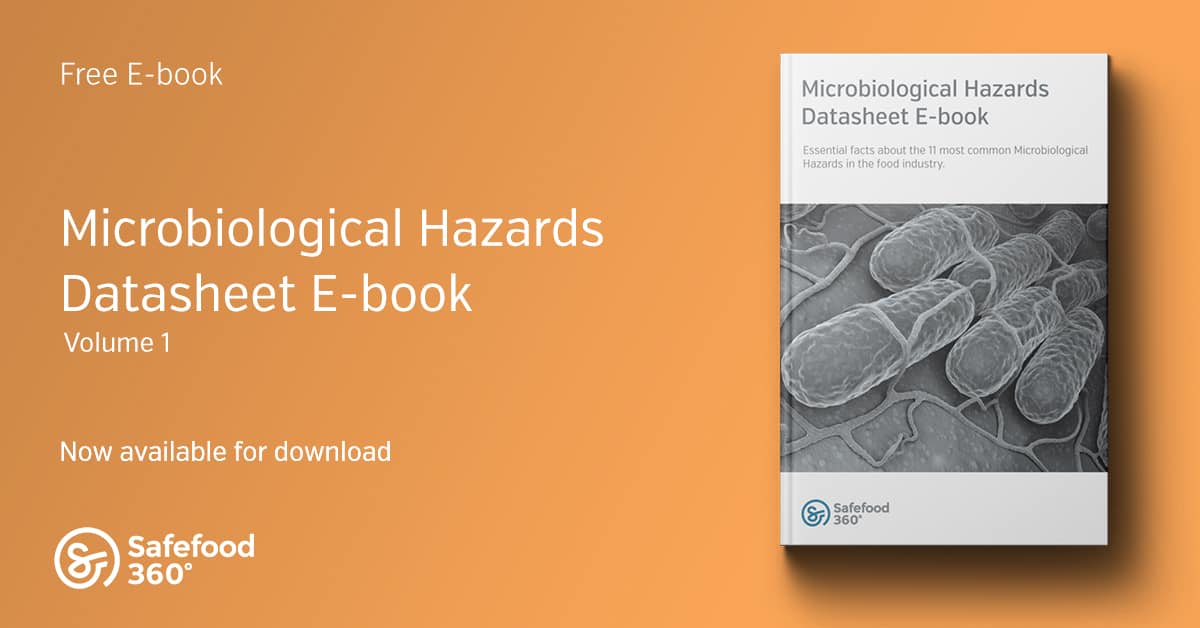March 2021 Food Safety News and Industry Round-up
It has now been more than a year since COVID-19 has significantly impacted food businesses worldwide.
March 2021, saw the aftershocks of this disruption with significant news on transparency and food safety from the EU, China and South Korea, delays in UK legislation, and advancements from BRCGS for its latest iteration, as well as updates from FDA and USDA.
This monthly industry round-up includes more on each of these stories and others of note from around the globe, with sources for more detailed reading.
BRCGS forming Technical Working Group for Edition 9
The BRCGS has issued an open invitation to food safety professionals to participate in the Technical Working Group for its intended standard update.
This group will provide an objective review of best practices in response to recent industry issues, new technological advancements, and an assessment of risks, audit gaps, or product flows from the previous iteration.
The group will operate for 6-8 months and applications will close on April 2nd, 2021.
Apply for BRCGS Edition 9 Working Group
FDA releases food safety and nutrition survey results
The FDA has released the results of its food safety and nutrition survey which helps guide it when making better-informed regulatory, policy, education, and management decisions for preserving and enhancing public health.
Key findings of the survey for food safety revealed that consumers believe they are more likely to contract a foodborne illness from a restaurant than they are at home, their concern for risks is higher for beef and poultry than it is for raw fruits and vegetables, and handwashing practices vary differently depending on the type of food that has been treated.

FSMA Produce Safety Rule translated to Chinese and Portuguese
The FDA has translated the Produce Safety Rule into Chinese and Portuguese in an attempt to make the rule more widely available to a broader audience.
The rule was only available previously in English and Spanish.
USDA appoints new Deputy Under Secretary for Food Safety
The USDA has announced Sandra Eskin as the new Deputy Under Secretary for Food Safety.
Eskin brings a wealth of experience to the table having previously served as a federal government staff attorney and legislative representative for the Consumer Federation of America as well as the deputy director of the Produce Safety Project.
UK legislation for food exports to the EU delayed to October 2021.
The implementation of new legislation which would require UK food manufacturers to produce health assessment forms when exporting to the EU has been delayed until October 2021.
The reason for the delay has been attributed to a desire to ease border pressures that are greater than initially expected due to Covid-19.
Other custom declarations which were due to begin in July have also been rescheduled to January 2022.
Europe introduces transparency regulation
The European Parliament and Council of the EU have introduced new regulations which will transform how EFSA conducts risk assessment.
Starting from March 27th, the new regulation will increase the transparency and reliability of scientific studies which are submitted to EFSA and enhance its long-term sustainability.
Denmark finds the source of botulism outbreak
Danish authorities have attributed a recent outbreak of botulism to a caviar-alternative product produced domestically.
The outbreak hospital three people and it is not suspected that out batches from the same supplier are affected, however, a recall notice has been issued.
Clostridium botulinum Datasheet
South Korea release plan to develop supply chain security and sustainability
The South Korean government has identified food security and sustainability as key areas for growth in their new food and agriculture business plan.
The plan supports the nation’s ‘Korean New Deal’ strategy which supports COVID-19 recovery and measures will be implemented to bolster the nation’s food security and reserves.
China increases traceability requirements of imports
China has made traceability requirements mandatory for all food products transported via cold chain.
The move comes as part of extended efforts to prevent COVID-19 from entering the country via imported foods and follows similar measures on meat and seafood already implemented.
China receives support from World Bank for food safety projects
The World Bank has approved a $400m USD loan for China to use in improving food safety projects.
The loan follows increased challenges for the country in managing its food safety practices following the impact of COVID-19 measures.
The World Bank has claimed that the cost of loss of productivity attributed to foodborne disease in China had been estimated at $30 billion per year which was almost half of all the economic burden of foodborne infections in Asia.






Leave a Reply
Want to join the discussion?Feel free to contribute!